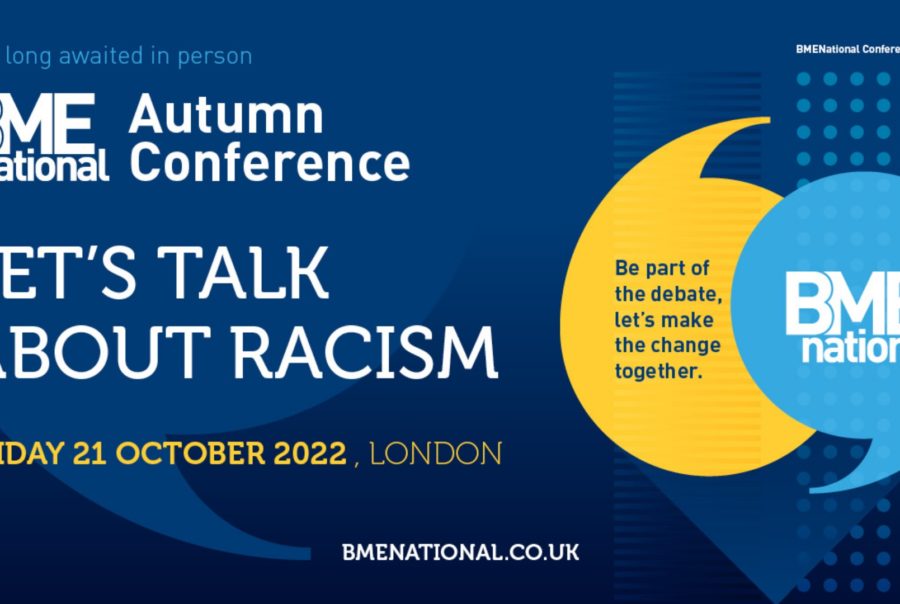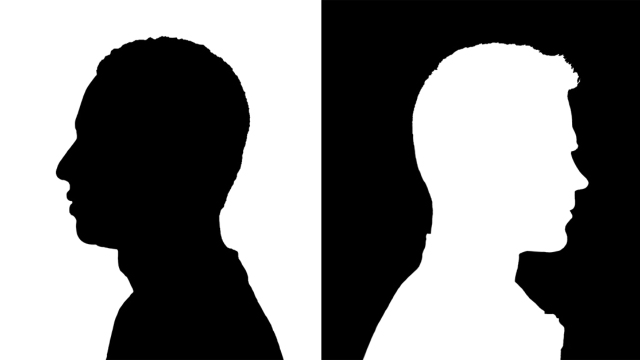We have collected a list of different resources that can help
you understand more about racism.
Resources to understand racism
Antiracism
Being anti racist is fighting against racism. Racism takes several forms and works most often in tandem with at least one other form to reinforce racist ideas, behavior, and policy. To create an equal society, we must commit to making unbiased choices and being antiracist in all aspects of our lives.
Race does not biologically exist, yet how we identify with race is so powerful, it influences our experiences and shapes our lives. In a society that privileges white people and whiteness, racist ideas are considered normal throughout our media, culture, social systems, and institutions. Historically, racist views justified the unfair treatment and oppression of people of color (including enslavement, segregation, internment, etc.). We can be led to believe that racism is only about individual mindsets and actions, yet racist policies also contribute to our polarization. While individual choices are damaging, racist ideas in policy have a wide-spread impact by threatening the equity of our systems and the fairness of our institutions.
Different Types of Racism
Individual racism refers to the beliefs, attitudes, and actions of individuals that support or perpetuate racism in conscious and unconscious ways. The U.S. cultural narrative about racism typically focuses on individual racism and fails to recognize systemic racism. Examples include believing in the superiority of white people, not hiring a person of colour because “something doesn’t feel right,” or telling a racist joke.
Interpersonal racism occurs between individuals. These are public expressions of racism, often involving slurs, biases, or hateful words or actions.
Institutional racism occurs in an organization. These are discriminatory treatments, unfair policies, or biased practices based on race that result in inequitable outcomes for whites over people of color and extend considerably beyond prejudice. These institutional policies often never mention any racial group, but the intent is to create advantages. Example: A school system where students of colour are more frequently distributed into the most crowded classrooms and underfunded schools and out of the higher-resourced schools.
Structural racism is the overarching system of racial bias across institutions and society. These systems give privileges to white people resulting in disadvantages to people of color.Example: Stereotypes of people of color as criminals in mainstream movies and media.
Lets Talk About Racism Slides - BME National Conference October 2022
BME National Conference - October 2022
The conference was an in-person event for the first time in three years on 21 October in central London. The event provided insights into the key challenges facing the housing sector.
Conference speakers included Kate Henderson (National Housing Federation) and Kate Dodsworth (Regulator of Social Housing) talking about an anti-racist approach to housing and regulation. Roger Kline shared his experience in the National Health Service, and was also joined by speakers from the Resolution Foundation and the Joseph Rowntree Foundation to discuss the cost of living crisis, and what it means for our communities.
Khalid Mair and Tom Copley (the Deputy Mayor for Housing at the GLA) drew lessons for the housing sector from the GLA’s approach o tackling inequality. There was also an opportunity for BMENational members to discuss the future direction and priorities for the network.
Books
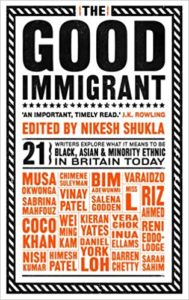
The Good Immigrant
By Nikesh Shukla
Bringing together 21 exciting black, Asian and minority ethnic voices emerging in Britain today, The Good Immigrant explores why immigrants come to the UK, why they stay and what it means to be ‘other’ in a country that doesn’t seem to want you, doesn’t truly accept you – however many generations you’ve been here – but still needs you for its diversity monitoring forms.
Inspired by discussion around why society appears to deem people of colour as bad immigrants – job stealers, benefit scroungers, undeserving refugees – until, by winning Olympic races or baking good cakes, or being conscientious doctors, they cross over and become good immigrants, editor Nikesh Shukla has compiled a collection of essays that are poignant, challenging, angry, humorous, heartbreaking, polemic, weary and – most importantly – real.
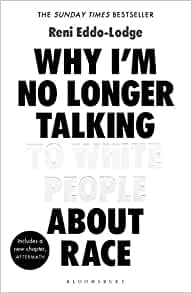
Why I’m No Longer Talking to White People About Race
By Reni Eddo-Lodge
The book that sparked a national conversation. Exploring everything from eradicated black history to the inextricable link between class and race, Why I’m No Longer Talking to White People About Race is the essential handbook for anyone who wants to understand race relations in Britain today.
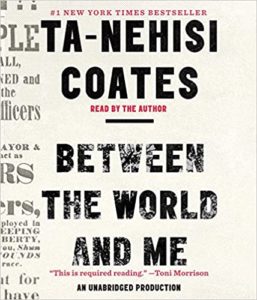
Between the World and Me
By Ta-Nehisi Coates
In a profound work that pivots from the biggest questions about American history and ideals to the most intimate concerns of a father for his son, Ta-Nehisi Coates offers a powerful new framework for understanding our nation’s history and current crisis. Americans have built an empire on the idea of ‘race’ a falsehood that damages us all but falls most heavily on the bodies of black women and men’s bodies exploited through slavery and segregation, and, today, threatened, locked up, and murdered out of all proportion. What is it like to inhabit a black body and find a way to live within it? And how can we all honestly reckon with this fraught history and free ourselves from its burden?
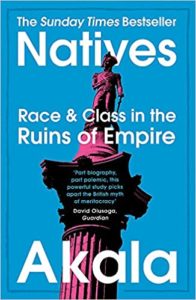
Natives: Race and Class in the Ruins of Empire
By Akala
From the first time he was stopped and searched as a child, to the day he realised his mum was white, to his first encounters with racist teachers – race and class have shaped Akala’s life and outlook. In this unique book he takes his own experiences and widens them out to look at the social, historical and political factors that have left us where we are today.
Podcasts
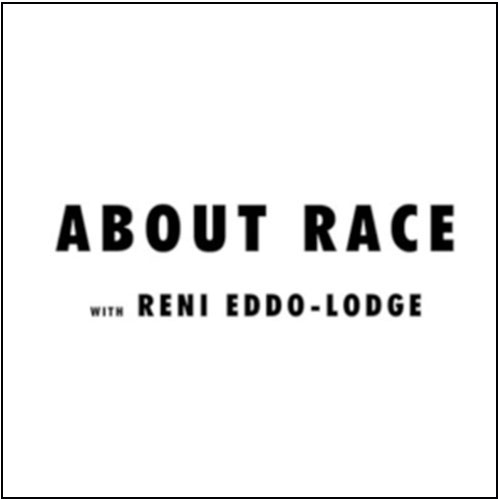
About Race with Reni Eddo-Lodge
From the author behind the bestselling Why I’m No Longer Talking to White People About Race, comes a podcast that takes the conversation a step further.
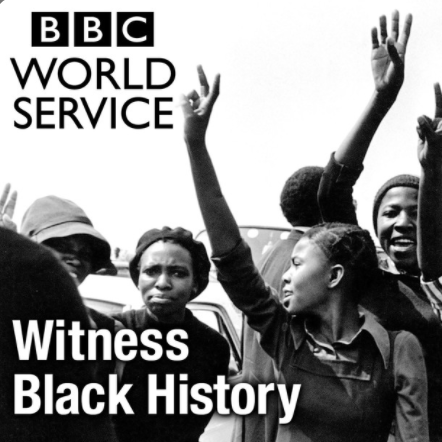
Witness History: Witness Black History
Interviews with people who were there at key moments in black and civil rights history.
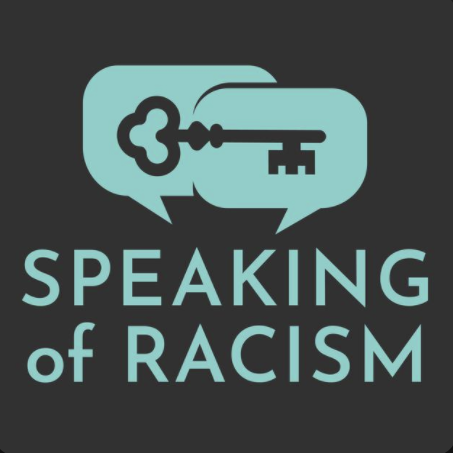
Speaking of Racism
A podcast celebrating everyday activists who are disrupting, deconstructing, and dismantling racism.
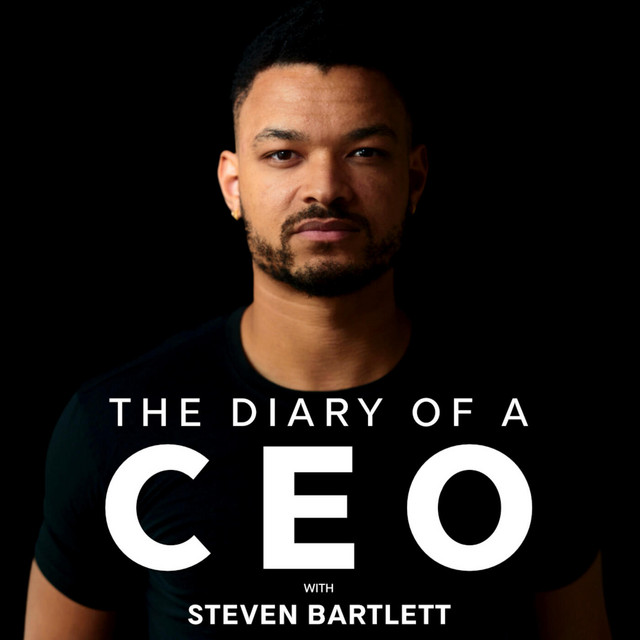
The Diary of a CEO with Steven Bartlett
Episode Description – Steven Bartlett interviews David Harewood the award-winning actor, star of Supergirl and Homeland, and best-selling author behind Maybe I Don’t Belong Here, one of the best-reviewed and best-selling books of 2021. One of the best actors of his generation, David’s road to the top had to overcome his psychosis. He talks about racism, social rejection, being sectioned in this deeply moving interview
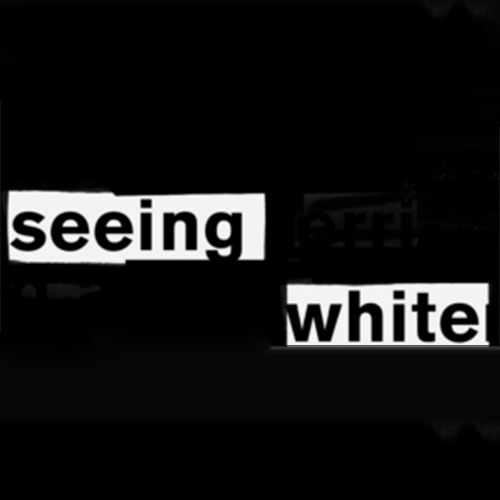
Seeing White
Scene on Radio host and producer John Biewen with an array of leading scholars and regular guest Dr. Chenjerai Kumanyika, in this fourteen-part documentary series, released between February and August 2017.
Videos
Watch a collection of video series, documentaries and talks about racism in society.
It’s Everywhere
by Racheal Ofori
Racism is everywhere and only when we admit that it’s a learnt construct, and that it exists in everything can we even begin to dismantle it: the overt and the subtly insidious.
Post Traumatic Slave Disorder
by Dr. Joy DeGruy Leary
In the 16th century, the beginning of African enslavement in the Americas until the ratification of the Thirteenth Amendment and emancipation in 1865, Africans were hunted like animals, captured, sold, tortured, and raped. Did the trauma and the effects of such horrific abuse end with the abolition of slavery?
Akala deconstructs race, class, and Britain’s modern myths
Rapper, poet and scholar Akala joins James O’Brien for a scintillating interview, in which they discuss two issues that run to the heart of modern Britain: race and class.
The School That Tried To End Racism
BAFTA-winning documentary series that follows a British school as it helps its students uncover and eradicate hidden racial biases, exploring how this can affect us all and what we can do to tackle it. Watch the series
TED TALK: Talks to help you understand racism in America
From passionate pleas for reform to poetic turns of phrase, these talks take an honest look at everyday realities of Black Americans and illuminate the way forward.
Watch the series
